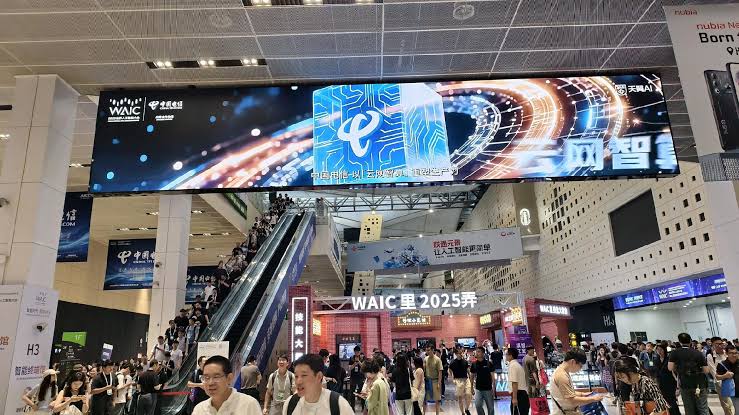The future of international artificial intelligence governance is entering a critical phase as China pushes for a collaborative global framework while the United States moves forward with an independent strategy. This contrasting approach between the two technology superpowers highlights the complexities and geopolitical stakes involved in shaping AI’s role on the world stage.
China’s recent announcement to establish an international AI governance group signals its ambition to lead efforts in creating shared standards and ethical guidelines for artificial intelligence. The proposed forum aims to unite nations, technology firms, and experts to address the growing challenges surrounding AI, including privacy, security, and equitable access. Beijing argues that AI’s rapid development requires a united response to ensure it benefits humanity collectively.
“In an interconnected world, no country can tackle the implications of artificial intelligence alone,” said a spokesperson from China’s Ministry of Science and Technology. “We envision a governance model built on cooperation, transparency, and mutual respect to guide AI’s responsible growth.”
Meanwhile, Washington has made clear its preference for charting a national course, prioritizing domestic innovation and stringent protections on AI technologies considered vital to national security. U.S. officials express concerns that broad multilateral agreements may constrain technological progress and expose sensitive intellectual property.
This divergence marks a significant geopolitical fault line in the AI landscape. While China calls for inclusivity and shared governance, the United States emphasizes sovereignty and strategic autonomy. Experts suggest that this split reflects deeper questions about trust, influence, and the balance between competition and collaboration in emerging technologies.
“Without a unified framework, we risk a fragmented world where incompatible regulations slow down innovation and create risks for users and developers alike,” said Dr. Maria Hernandez, an AI policy analyst at the Global Tech Institute. “Finding a path that balances national interests with global cooperation will be essential.”
Industry leaders have urged both nations to seek common ground, warning that conflicting rules could hamper international commerce and stifle the benefits AI promises to deliver across sectors like healthcare, transportation, and climate science.
As the debate intensifies, the international community faces a pivotal choice: to embrace multilateral cooperation led by China’s proposed forum or to follow the U.S. model of independent governance. The decision will likely shape not only the future of AI but also the broader dynamics of global technology leadership for years to come.
source: edition.cnn.com

Leave a Reply